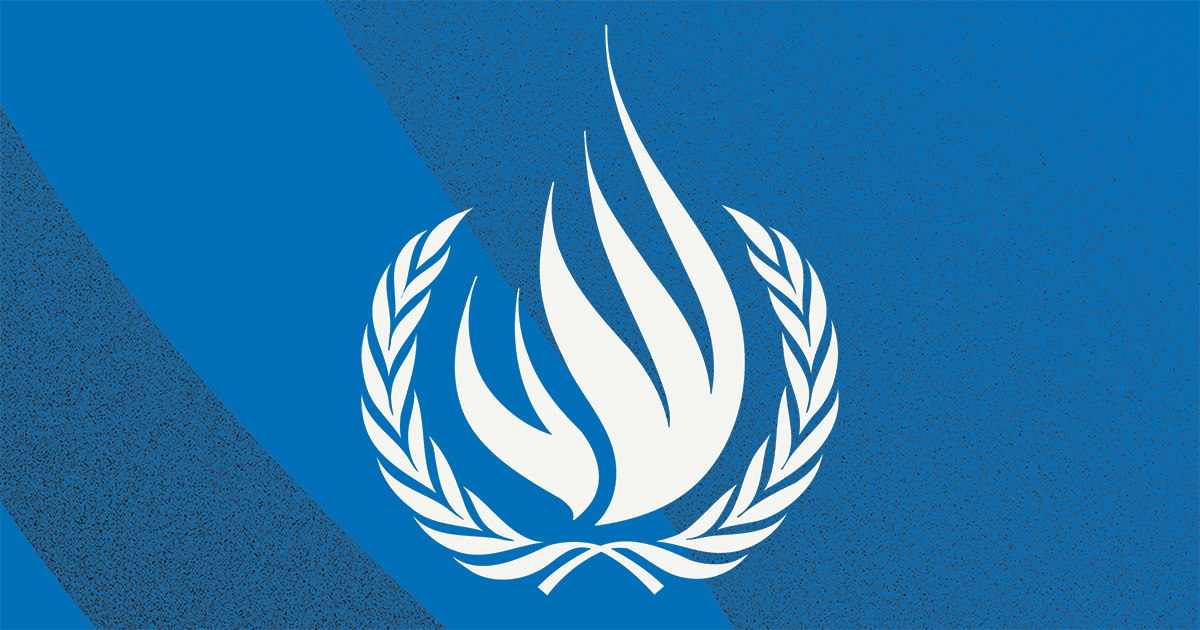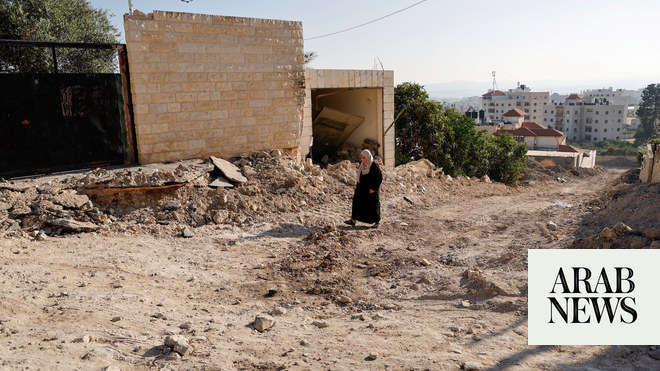
GENEVA (10 May 2024) – The Israeli military’s ground operation targeting eastern Rafah is a culmination of a seven-month long campaign to forcibly transfer and destroy Gaza’s population, UN experts* warned today.
“The long-threatened Rafah invasion must not be seen as a foregone conclusion,” the experts said. “Israel must halt this assault.”
On 6 May, as international efforts to negotiate a ceasefire, end the massacre in Gaza and ensure the release of hostages gathered steam, the Israeli military moved forward with an offensive into the southern corner of the besieged Gaza Strip, where around 1.4 million Palestinians are sheltering. Israeli forces shuttered the Rafah border crossing with Egypt, further cutting off life-saving humanitarian aid, supplies and fuel needed to run Gaza’s remaining hospitals and water desalination plants.
The experts said the Rafah invasion was yet another flagrant violation of Israel’s obligations as an occupying power. “In light of the grievous humanitarian situation on the ground, no evacuation order issued by Israel can be considered compliant with international humanitarian law,” they said. International law stipulates that Israel must ensure displaced civilians are protected and have continuous access to food, safe water, and medical assistance.
“This is even more critical when Israel has been warned that its acts may amount to genocide,” the experts said. “Further displacement of Gaza’s population through evacuation orders or military operations contravenes binding provisional measures imposed on Israel by the International Court of Justice.”
The so-called ‘expanded humanitarian area’ of Al Mawasi, where the Israeli military has instructed evacuees to go, is already without sufficient food, water, medicine, hygiene products, electricity, shelter and access to education for children; it cannot cope with a population influx. “The forcible transfer of civilians, mostly women and more than 600,000 children—including wounded children—from Rafah pushes Palestinians across Gaza further into critically desperate humanitarian circumstances,” the experts said.
Over the past seven months, Israel has repeatedly attacked areas where evacuees were instructed to go.
“While past violations must be duly investigated and accounted for, new abuses must be prevented,” they said.
“States with influence over Israel have described any incursion into Rafah as a ‘red line’,” the experts said. “They must immediately put those words into practice and stop this disastrous campaign by ending the flow of arms into Israel and withholding investment and political support.”
Francesca Albanese, Special Rapporteur on human rights in the Palestinian territories occupied since 1967; Tomoya Obokata, Special Rapporteur on contemporary forms of slavery, including its causes and consequences; Cecilia M Bailliet, Independent Expert on human rights and international solidarity; Gina Romero, Special Rapporteur on the Rights to Freedom of Peaceful Assembly and of Association; Reem Alsalem, Special Rapporteur on violence against women and girls, its causes and consequences; Pedro Arrojo Agudo, Special Rapporteur on the human rights to safe drinking water and sanitation; Bina D’Costa, Dominique Day, Working Group of Experts on People of African Descent; Dorothy Estrada Tanck (Chair), Laura Nyirinkindi (Vice-Chair), Claudia Flores, Ivana Krstić and Haina Lu, Working group on discrimination against women and girls; George Katrougalos, Independent Expert on the promotion of a democratic and equitable international order; Michael Fakhri, Special Rapporteur on the right to food; Siobhán Mullally, Special Rapporteur on trafficking in persons, especially women and children; Ashwini K.P. Special Rapporteur on contemporary forms of racism, racial discrimination, xenophobia and related intolerance; Tlaleng Mofokeng, Special Rapporteur on the right of everyone to the enjoyment of the highest attainable standard of physical and mental health; Balakrishnan Rajagopal, Special Rapporteur on the right to adequate housing; Paula Gaviria Betancur, Special Rapporteur on the human rights of internally displaced persons; Olivier De Schutter, Special Rapporteur on extreme poverty and human rights; Margaret Satterthwaite, Special Rapporteur on the independence of judges and lawyers; Farida Shaheed, Special Rapporteur on the right to education.
The Special Rapporteurs are part of what is known as the Special Procedures of the Human Rights Council. Special Procedures, the largest body of independent experts in the UN Human Rights system, is the general name of the Council’s independent fact-finding and monitoring mechanisms that address either specific country situations or thematic issues in all parts of the world. Special Procedures’ experts work on a voluntary basis; they are not UN staff and do not receive a salary for their work. They are independent from any government or organization and serve in their individual capacity.
For more information and media request please contact: hrc-sr-opt@un.org
For media inquiries related to other UN independent experts, please contact Dharisha Indraguptha (dharisha.indraguptha@un.org) and John Newland (john.newland@un.org)
Follow news related to the UN’s independent human rights experts on Twitter @UN_SPExperts.











